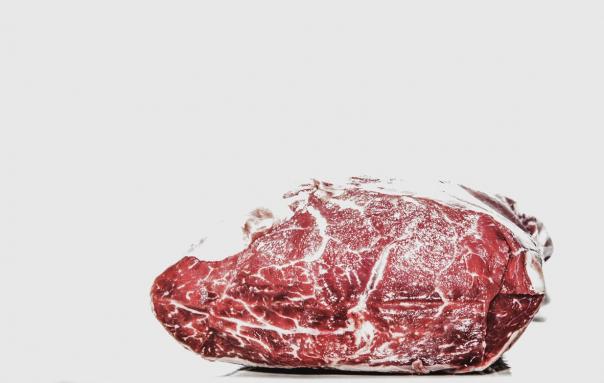
14% of adults asked said that they were interested in limiting or reducing their consumption of meat or poultry in the future, with the majority of people giving health and wellbeing as the main reason for their decision.
While 29% said that the reason for limiting meat was dietary, concern over animal welfare and the environment accounted for 24% of explanations.
The findings suggest that meat reduction campaigns are having an effect, as 39% of those who cut down intake said that campaigns had made them more aware of the ‘benefits of eating less meat’.
Emma Clifford, senior food analyst at Mintel, said: “Despite the ingrained popularity of meat and poultry, a clear trend has emerged of people cutting back and limiting how much of these products they eat.
“The flexitarian trend carves a very accessible and unrestricted middle ground between simply meat-eaters and non-meat eaters, while acknowledging a conscious effort to eat less meat.
“On top of the various other benefits linked to reducing meat consumption, following a meat-free diet is likely to be aspirational to many consumers and social media is playing an important role in the attraction of this endeavour.”
The study found that younger Britons were more likely to follow a meat-free lifestyle than their elders, as one in five of those aged 25 and younger said that that they did not eat red meat or poultry, with this figure rising to one in four for women in the same age bracket.
Mintel pointed out that despite its findings, volume sales of meat in 2016 grew by 2% year on year, while rising average prices saw value sales jump 4% to £559 million.